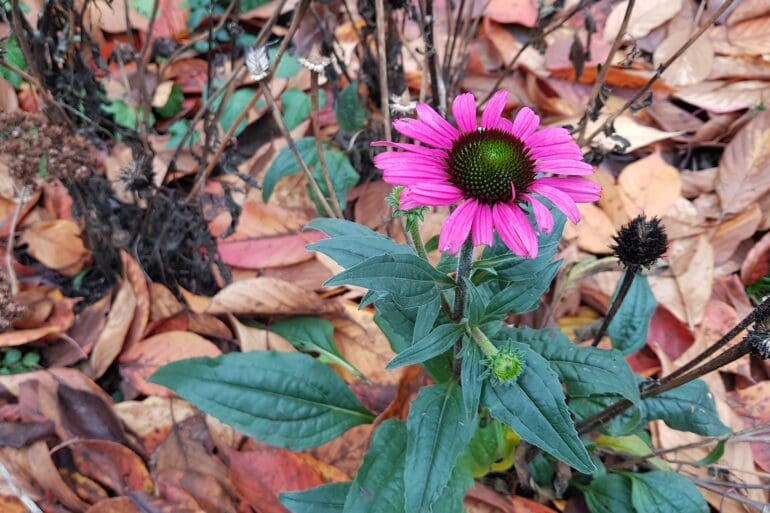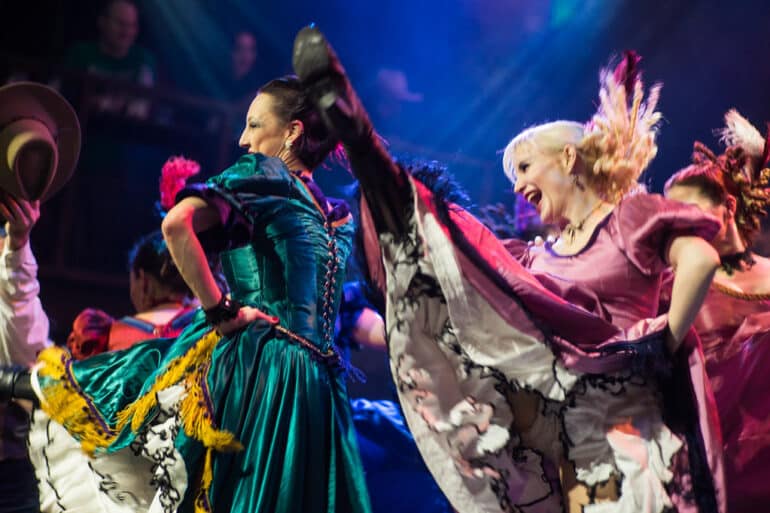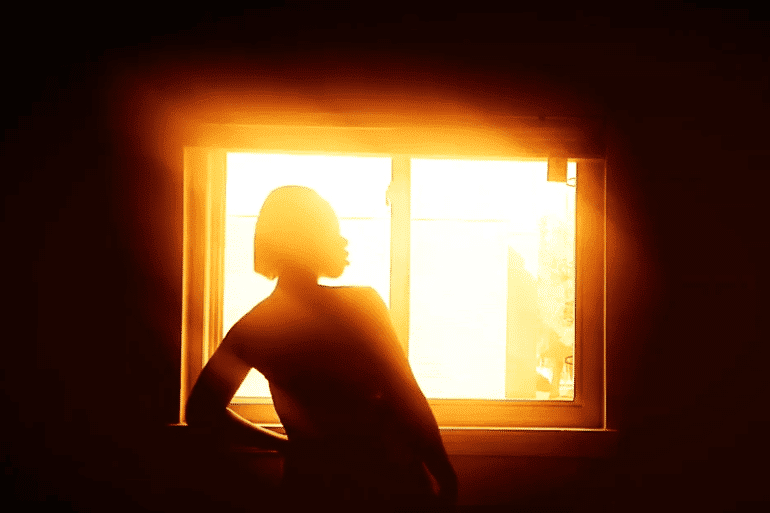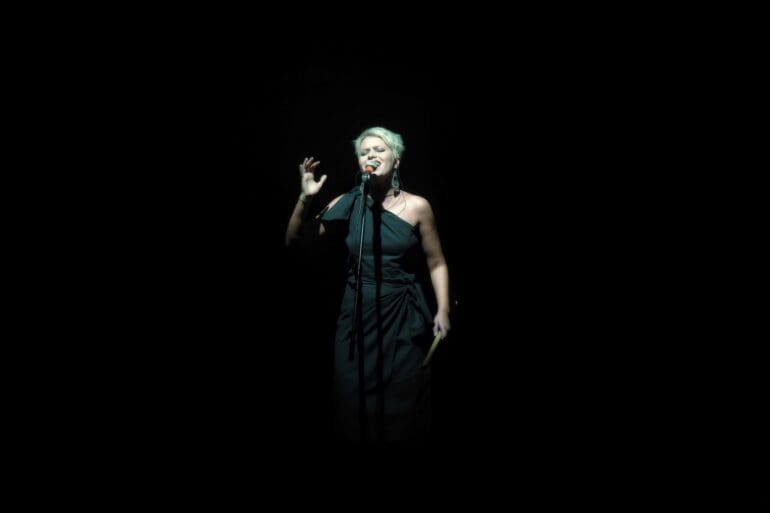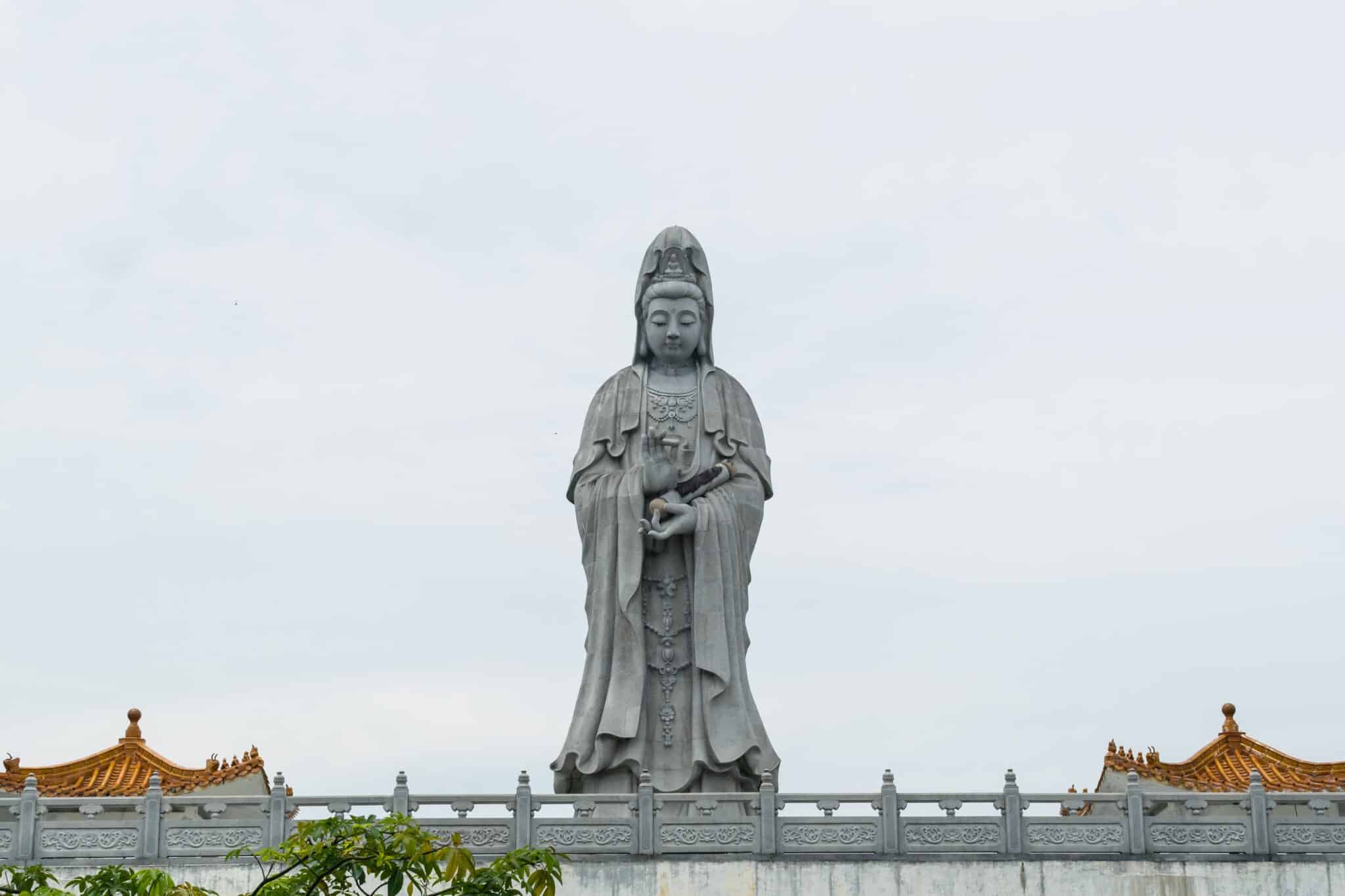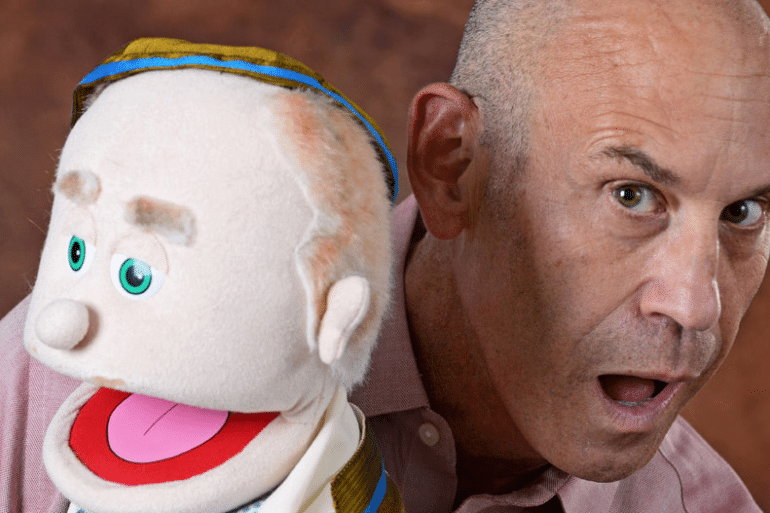This collection of poems is a glimpse into the lives lived on the margins, where the laws put in place to protect basic rights and bodily autonomy cease to apply.
This is a love letter to my people, my family and a version of me trying to overcome the trauma of almost seeing their mother die.
This autoethnographic account explores the complex relationship between language and identity.
This piece on hair describes how ideas of what is and is not fashionable, as depicted in popular media, can indelibly affect one’s self-perception and identity.
"My Old Kentucky Homo," highlights my failure to assimilate into the community in which I still live, fourteen years later.
In the women’s history month, The AutoEthnographer supported "Her Story Leads: Amplifying Women’s voices through digital storytelling".
"From dancing at New York’s Metropolitan Opera to the Cow Palace in San Francisco, every venue taught me valuable lessons."
Shanita Mitchell and Marlen Harrison·
All ContentAutoethnographic Art & MultimediaMorePodcastsReflections on MethodVolume 3, Issue 2 (2023)
··18 min readToday we're talking with the award-winning author, researcher, and performer, Shanita Mitchell about performance and autoethnography.
I offer the following five poems to you. I hope that when you read/hear them you see a way into your own stories and ideas of poetic voice.
Through all of the things that separate us, there is one universal experience that transcends all barriers: love.
This lighthearted essay illustrates an experience I had in Singapore while doing research for a book I was writing about spirituality.
This is a song for the Passover prophet as a critique on his inability during the Covid-19 pandemic to appear and provide solace and safety.






